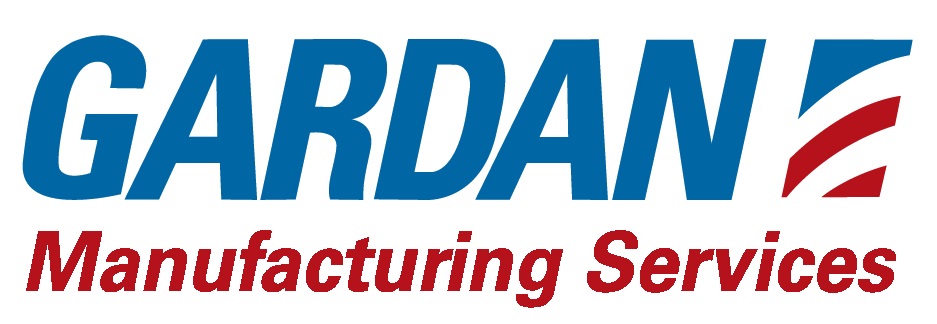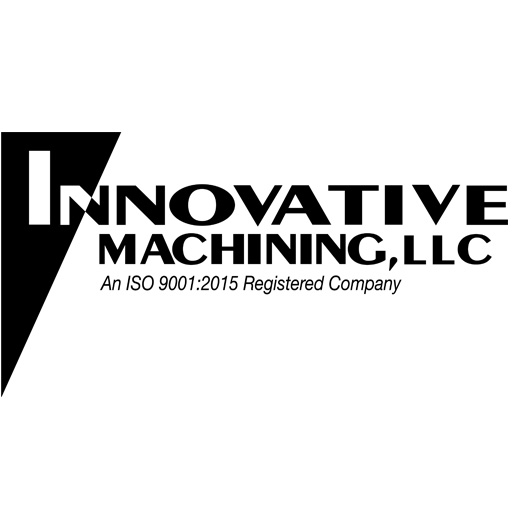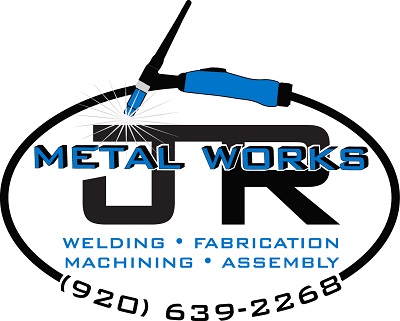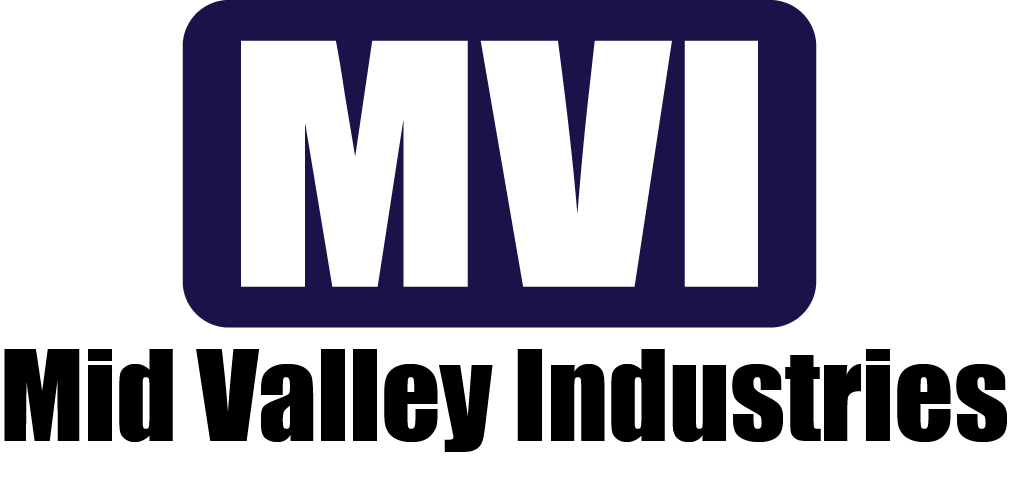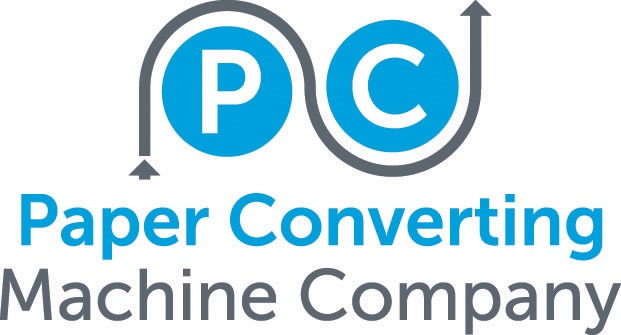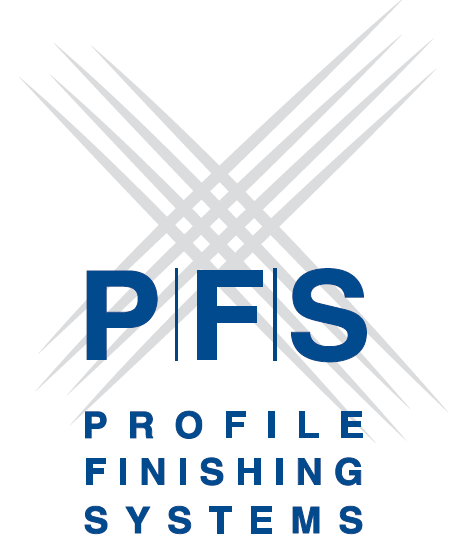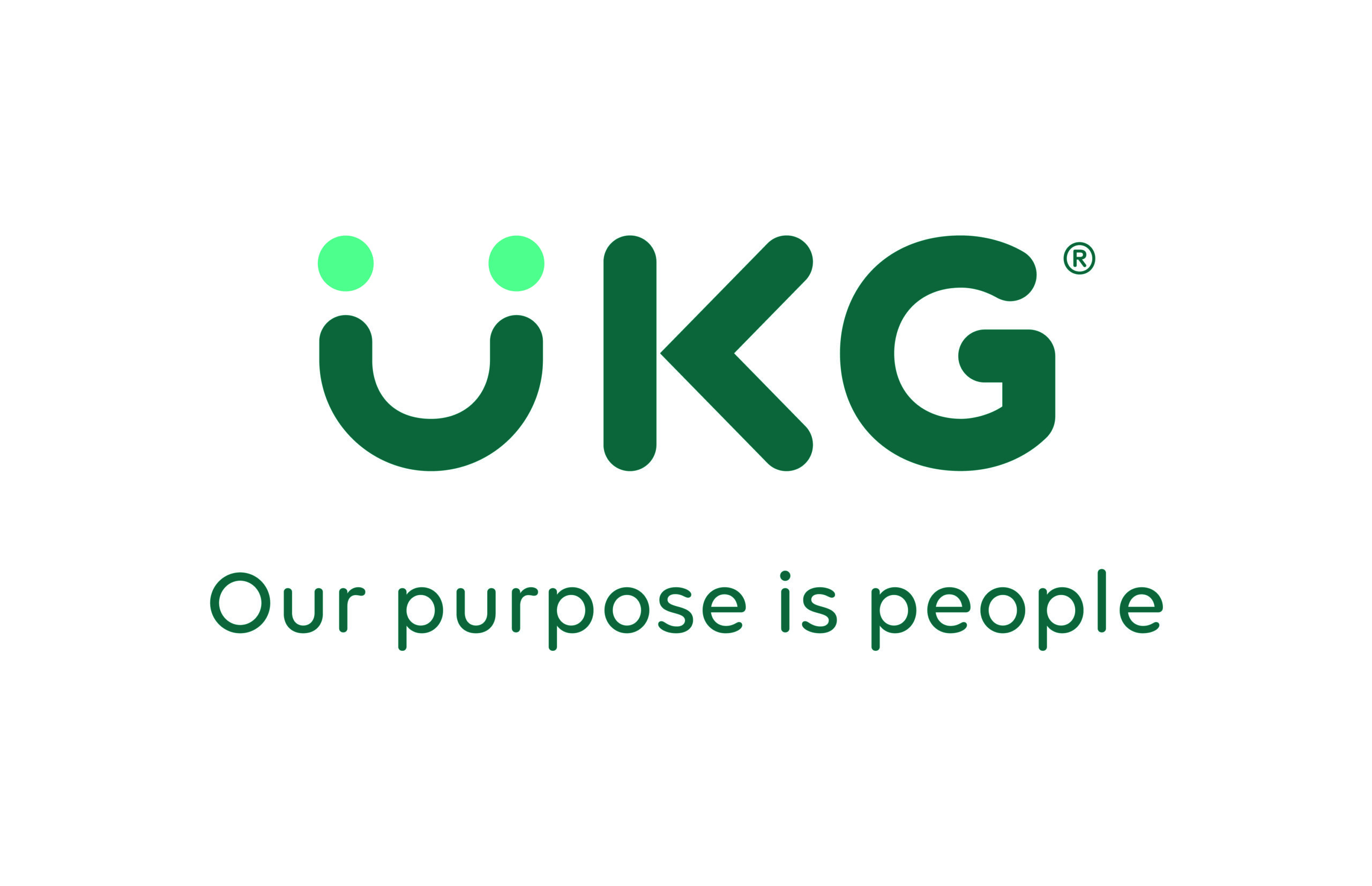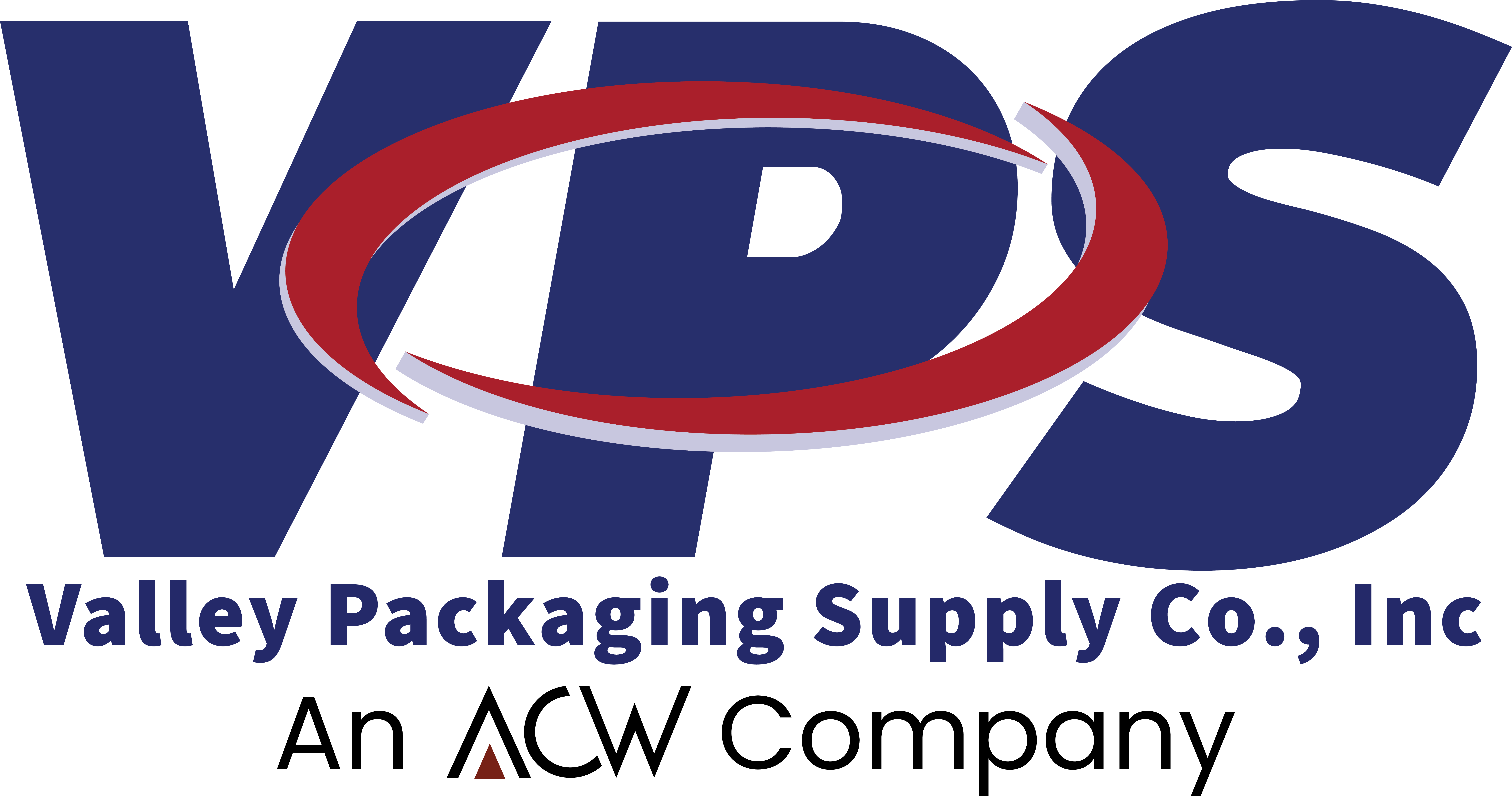Industry 4.0 Rapid Expansion
The rapid expansion of Industry 4.0 technologies in manufacturing is creating a pressing need for talent at Northeast Wisconsin companies now and in the coming years. The NEWMA Industry 4.0 Needs, Skills & Talent Survey, conducted by St. Norbert College from Sept. 30 through Nov. 3, 2021, shows that manufacturers are considering the implications of Industry 4.0 and how it will impact roles at their companies.
The study, funded by Microsoft and led by Jamie Lynch, director of the Strategic Research Institute at St. Norbert College, includes responses from 66 Northeast Wisconsin industry leaders. In addition, this report contains responses from a similar survey completed in 2019, with 104 manufacturer respondents. The following highlights new findings for 2021 and compares results with previous findings.
Respondents covered more than a dozen sectors in manufacturing in the region, with the top three responding sectors including Metal & Allied Products, Machinery, and Paper & Allied Products. More than half of industry sectors (57%) responding featured companies with more than $30 million in sales annually. Responding companies had at least six employees or more than 1,000 employees, with the most significant percentage of responding companies (28%) having 101- 250 employees.
Industry 4.0 Company Adoption
Companies have grown increasingly aware of Industry 4.0 in every category during the past two years and have become more engaged in adopting Industry 4.0 plans. In 2019, 7% of companies reported having a complete plan for developing Industry 4.0. In 2021, that percentage grew to 11%. This growth may be attributed in part to the creation of an Industry 4.0 Task Force by the NEW Manufacturing Alliance in 2019 to help share the latest technologies and their impact on organizations and best practices, content experts, and case studies.
Additionally, the Alliance developed Data Analytics training utilizing LinkedIn Learning, weekly content experts, and a capstone project. As a result, over 200 people from more than 50 employers have participated in the training program in the past 16 months. In addition, the organization partnered with Northeast Wisconsin Technical College in creating an Intermediate Power BI & Visualization training that had over 30 participants complete the credit-bearing program that leads to an Associate degree in Data Analytics. The new degree program was in part started due to the results of the 2019 study finding the need for data analytic skills.
Current Investment in Technologies
To at least some extent, companies are investing in Industry 4.0 technologies, with nearly every company investing in Cybersecurity (97%). More than three-quarters of companies are also investing in Cloud Computing and Computer Science (81% each), Industrial IoT (Internet of Things), and Automation-Robotics (79% each).
Investment in Cybersecurity increased from 83% of Northeast Wisconsin manufacturers in 2019 to 97% in 2021. Likewise, industrial IoT (Internet of Things) saw a 20% increase in investment from 59% in 2019 to 79% in 2021. Companies are also placing a stronger emphasis on Automation/Robotics, investing at a rate of 79% in 2021 compared to 63% in 2019.
Next 3 Years Technology Investment
More than half of Northeast Wisconsin manufacturers are planning to increase investments in Industry 4.0 during the next three years in AI (artificial intelligence/machine learning), Cloud Computing, Industrial IoT, Big Data Analytics, Smart IO-Systems-Industrial IoT, Automation-Robotics and Cybersecurity.
Interest in increasing investment in Industry 4.0 technology has grown significantly during the past two years. In 2019, for example, more than half (56%) of manufacturers expected to increase spending on Cybersecurity, but in 2021, 83% anticipated increases in 2021. Similarly, just 37% expected to direct more investment in AI (artificial intelligence/machine learning) in 2019, with half (50%) anticipating growth in investment in 2021.
Industry 4.0 Skills Required Now and in the Future
Industry 4.0 skills are needed within every department within an organization. The top four skills manufacturers are now seeking are Cybersecurity, Automation & Robotics, Application Development, and Cloud Comper. In addition, manufacturers anticipate skills needed in the future are Cybersecurity, Artificial Intelligence/Machine Learning, Big Data Analytics, Simulation, Data Predictions, and Data Mining.
Industry 4.0 Technologies Needed in the Future
Industry 4.0 technologies expected to have the greatest impact now are process monitoring, mobile-friendly user interfaces, and robotic vision systems. Some of the areas where technologies are expected to increase impact significantly include Virtual Guided Equipment and 3D Printing-Additive Manufacturing, from 12% currently to about 32% or 33% in the next 2 to 3 years. In addition, inventory-related technologies like RFID, GPS, and Vision are expected to have a more significant impact over the next 2-5 year period.
Industry 4.0 Occupations
Many manufacturers anticipate filling Industry 4.0 roles in-house, including Project Manager (38%), Cybersecurity Officer (38%), Data Management Analyst (36%), Manufacturing Analyst (35%), and Supply Chain Business Analyst (33%). Manufacturers also anticipate working with local colleges and universities to help fill roles, using third-party virtual technology, hiring new employees, and outsourcing to fill Industry 4.0 skill areas.
In 2021, manufacturers saw Project Managers as a highly valued role for their companies, with 90% seeing the need or demand for that role increasing within the next three years and 42% planning to hire new employees to fill that role. That’s a shift from 2019, when Data Analytics skills were notable, with 45% seeking Supply Chain Business Analysts or Data Architects. In addition, about 85% of manufacturers believe demand for Manufacturing Analysts and Data Management Analysts will increase in the next three years.
Steps to Addressing Reskilling / Upskilling Needs
The COVID-19 pandemic has impacted the way manufacturers anticipate working in the future. While frontline workers don’t have the option to work remotely, roles in other departments may see a change continuing beyond the pandemic. Thirty-nine percent of manufacturers anticipate increasing hybrid, or a combination of remote and onsite work, in the next two years, with some non-frontline positions becoming permanently remote (12%).
Manufacturers are addressing the need to retrain or upskill their employees where old skills are becoming obsolete, and new Industry 4.0 skills are needed. Sixty-four percent of respondents say they have plans in place to close future skills gaps with current employees. However, only 42% have diagnostic measures in place to determine where existing skills gaps exist in their workplace.
Industry 4.0 technologies are here to stay and continue developing and growing.
Manufacturing companies in Northeast Wisconsin are aware of and planning for these changes, considering the current and future need to fill or create new roles within their companies. Companies, however, must place a greater emphasis on diagnostics for assessing current and needed Industry 4.0 skills to know where and how to best fill these Industry 4.0 roles.
Manufacturers also should continue working with workforce development and higher education to create certificate, diploma, and degree programs to develop talent in new and upcoming Industry 4.0 technologies. In addition, the NEW Manufacturing Alliance will continue to focus on Industry 4.0 skills through its task force and work with partners on upskilling related to new and emerging technologies.
To view the survey results with diagrams in a flipbook, click here.


















































